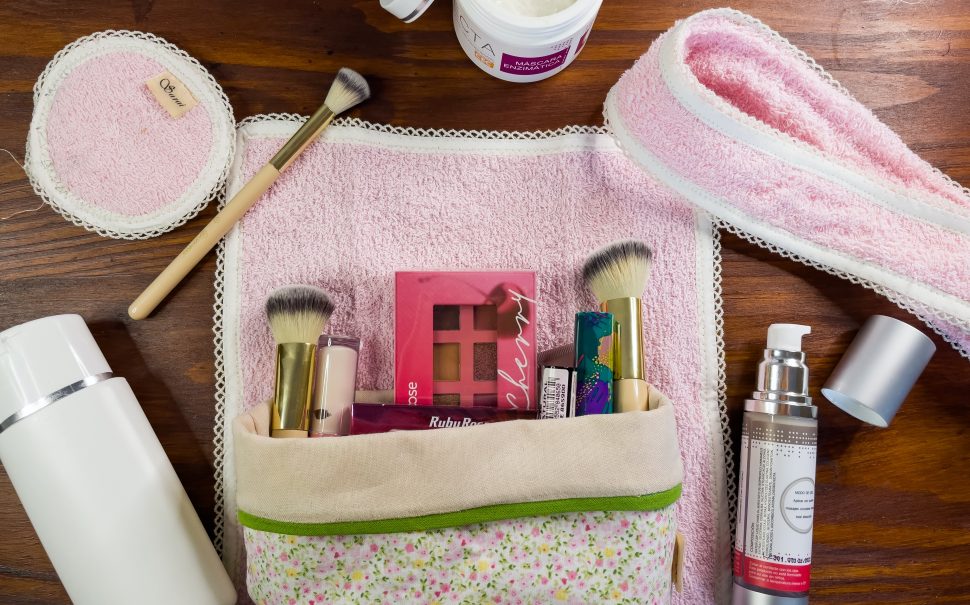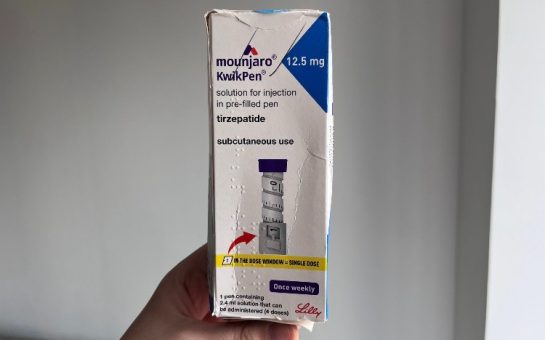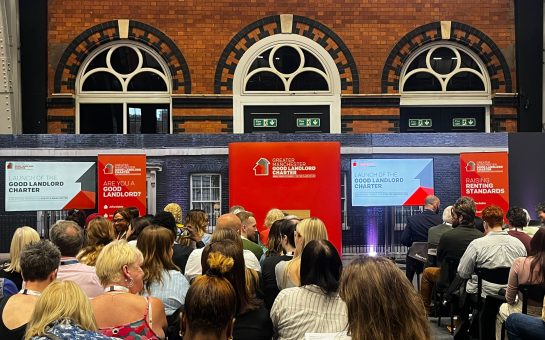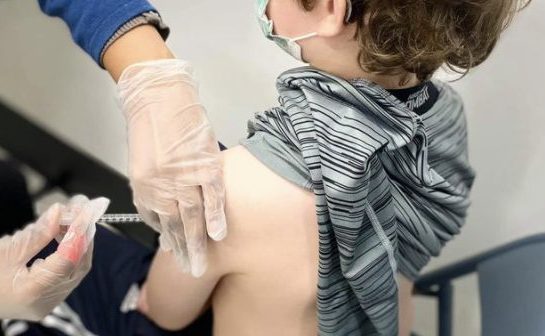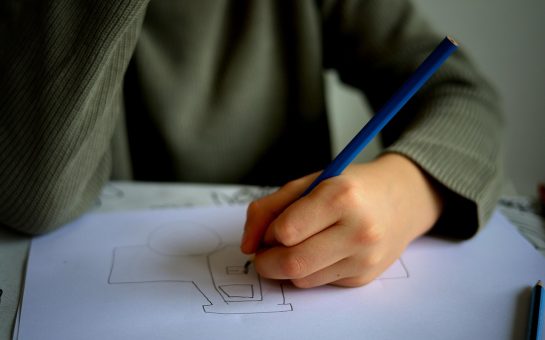According to NHS statistics, 95% of 11-30 year olds suffer from acne: whether it be painful cysts or the occasional spot, for many people it can feel inescapable.
While acne primarily affects teenagers whose hormones are still settling, for some it can be a lifelong condition, developing insecurities as women in particular are conditioned to view clear skin as the ideal.
As trends like ‘glass skin’ have come to prominence, the desire to obtain perfectly clear skin has become heightened, leaving many acne sufferers feeling underrepresented in a beauty industry that profits off insecurity.
I spoke to Quetta Lawson, a Manchester-based, self-described “bigger woman with acne all over her face” who is at her core makeup-obsessed and has a TikTok following of 485k, about her experiences as someone so integral to the beauty community.
Lawson first developed acne when she went through puberty, being prescribed the pill at age 13 or 14, a medical eagerness for hormone control that affects a significant proportion of women.
Like Lawson, influencer Courtney Jones has struggled with acne into her 20s leading to insecurities and diminished self-worth.
Jones said: “Everytime I look in the mirror I just want to cry because it seems like it’s never ending.”
Yet while Jones developed this insecurity in school as a result of judgmental comments from other students, Lawson said: “Honestly before I joined TikTok I never once felt insecure about my acne; I never saw it as a flaw or a bad thing.”
While it sometimes caused her pain and interfered with her love for makeup, it was not until she began receiving comments like “This is disgusting, this is ugly” that she began to worry about how others perceived her.
The TikTok account she launched in March 2020 did not become the beauty-centric haven that fans now know it to be until February 2022.
Instead her account began as a way to pass time in lockdown as meanwhile her comments became flooded with negativity fixated on her face.
Lawson said: “That was really weird to get my head around and there was a bit of time when I started to doubt my worth and if I was attractive and all of those things because everybody else had so much to say.”
Thankfully as she built a following, her comment section became more positive as she says: “I get a lot of positivity and support now.”
Similarly Jones is grateful for the fans that do support her as she says that it can help to combat the insecurities that accompany acne.
Unfortunately, Lawson is still subjected to a lot of unsolicited advice as people suggest she stop wearing makeup, drink more water or change her diet to improve her acne.
These comments are at best ignorant but at worst insulting, as Lawson has noted the differences between thin creators who do not receive the same criticism for “promoting an unhealthy lifestyle” that she is so often subject to.
Both creators are passionate about improving representation in the media with influencers and makeup brands generally favouring clear-skin – a beauty ideal which for many is depressingly unobtainable.
It is this representation Lawson missed in her teenage years with her favourite creators having naturally clear skin or hiding behind filters, a trick that Lawson did not realise was deceiving her until years later.
It is a double edged sword as without these creators Lawson would not have the career she has now – in many ways they inspired her to start recording ‘get ready with me’ style content – and yet subconsciously it was promoting self-esteem-affecting beauty standards.
Both Jones and Lawson make a conscious effort to produce content that dispels a lot of the beauty standards that were enforced throughout the 2010s and which riddles a lot of modern social media.
Jones said: “To anyone out there suffering with acne, you are beautiful, never ever let anyone tell you differently.”
Lawson encourages people to follow more influencers that they can relate to, saying: “I think the people that I follow now compared to people that I followed 10 years ago – there’s more diversity in all aspects.”
“I actively look for creators who have acne skin, or who have psoriasis or other skin conditions because it’s more educational for me to follow people who have the same things that I do.”
Following influencers that challenge beauty conventions can be an important way to undo the subconscious biases that might be negatively affecting the ways we perceive ourselves and Jones and Lawson are a great place to start.
Featured Image: Tato Lopez on Unsplash
